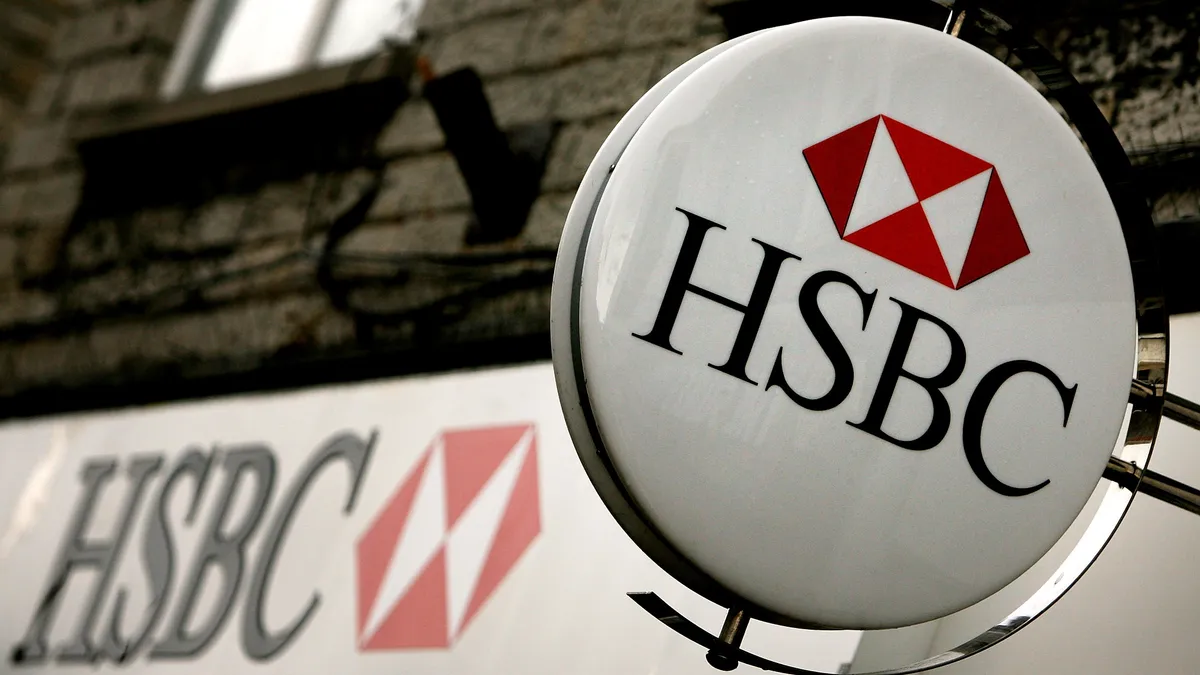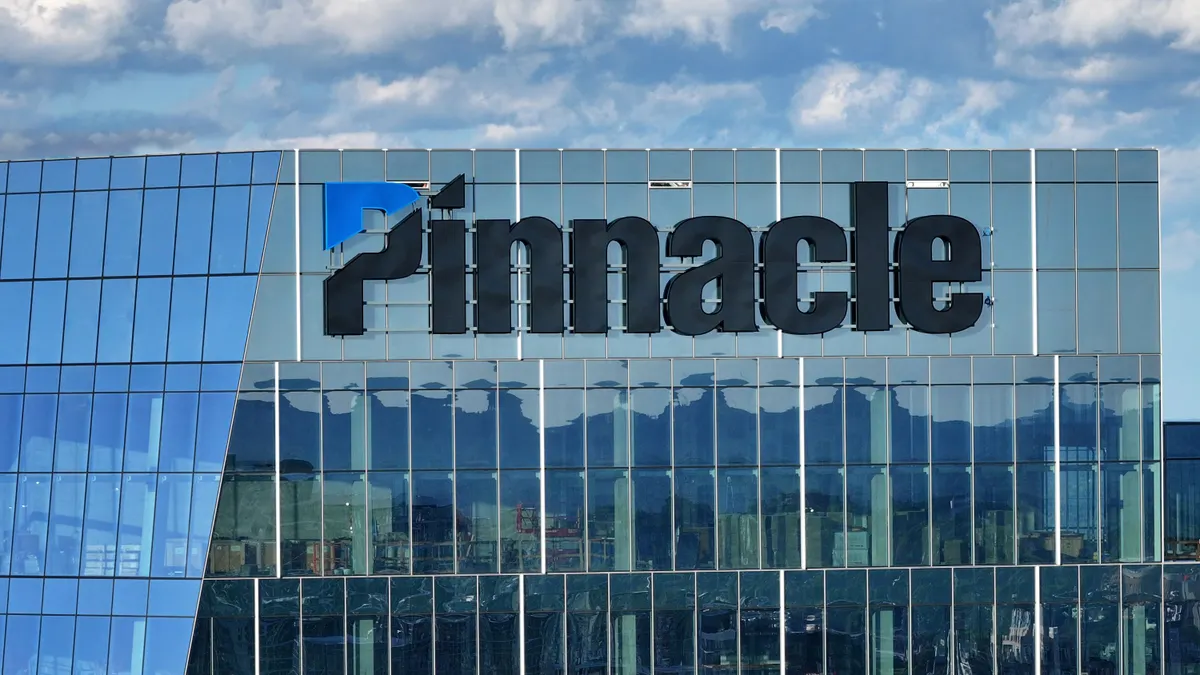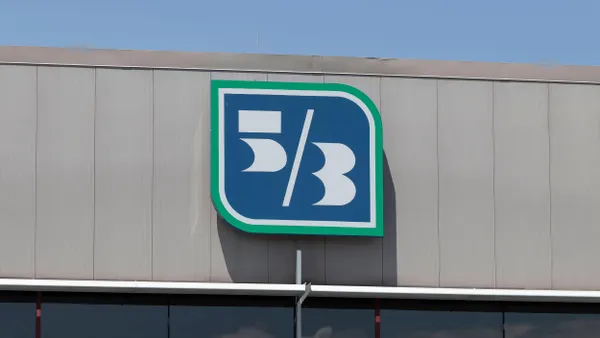Dive Brief:
- Wells Fargo and HSBC will use blockchain technology for the netting and settlement of some foreign exchange (FX) transactions, Wells Fargo said in a press release Monday.
- The two banks will use a shared settlement ledger to process U.S. dollar, Canadian dollar, British pound sterling and euro transactions, and plan to expand the platform and incorporate more currencies in the future.
- Through the arrangement, the banks will sidestep CLS, a Federal Reserve-regulated third party, to provide settlement services to financial institutions.
Dive Insight:
“We are pleased to announce that we will be utilizing blockchain technology for the first time in the settlement process of cross-border payments,” said Mark Jones, co-head of Macro, Wells Fargo’s corporate and investment Bank. “We believe this will be the first step of many utilizing transformative technology across our industry in the years ahead.”
Beginning Monday, Wells Fargo and HSBC will use the British lender’s FX Everywhere platform to settle matched FX transactions in the four currencies.
The platform runs on Baton Systems’ Core-FX distributed ledger technology. The solution allows Wells Fargo and HSBC to settle FX trades in less than three minutes, outside of the CLS framework.
Wells Fargo will pay HSBC a fee to use the platform, The Financial Times reported, but the associated costs will probably be lower than using CLS.
Blockchain technology will give banks more real-time transparency during the transaction, according to the press release. The two banks hope to eventually expand the system to include more participants.
“As financial services continue to digitize the store of payment and value on blockchain, we are delighted to work with Wells Fargo in the adoption of this important cross-border digital backbone for the confirmation and settlement of Foreign Exchange trades," said Mark Williamson, HSBC’s global head of FX partnerships and propositions. “We are excited to continue to grow the FX Everywhere network whilst ensuring that we are well placed to transact in new forms of regulated digital currencies such as central bank digital currencies.”














